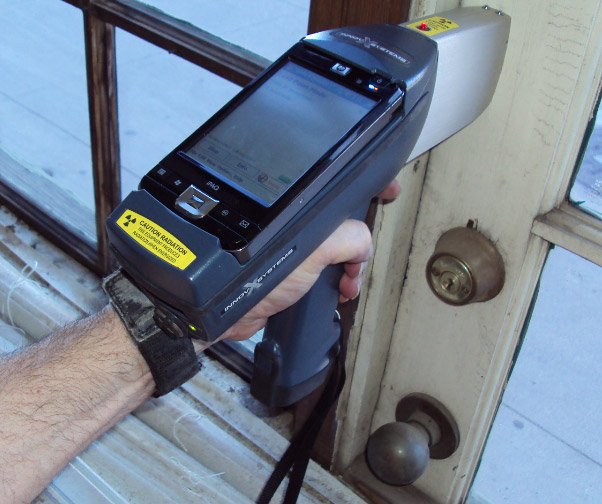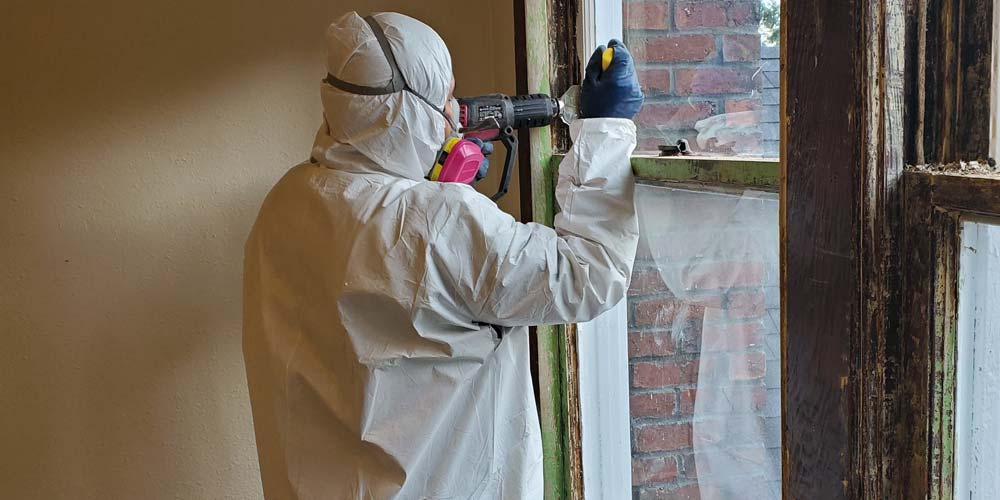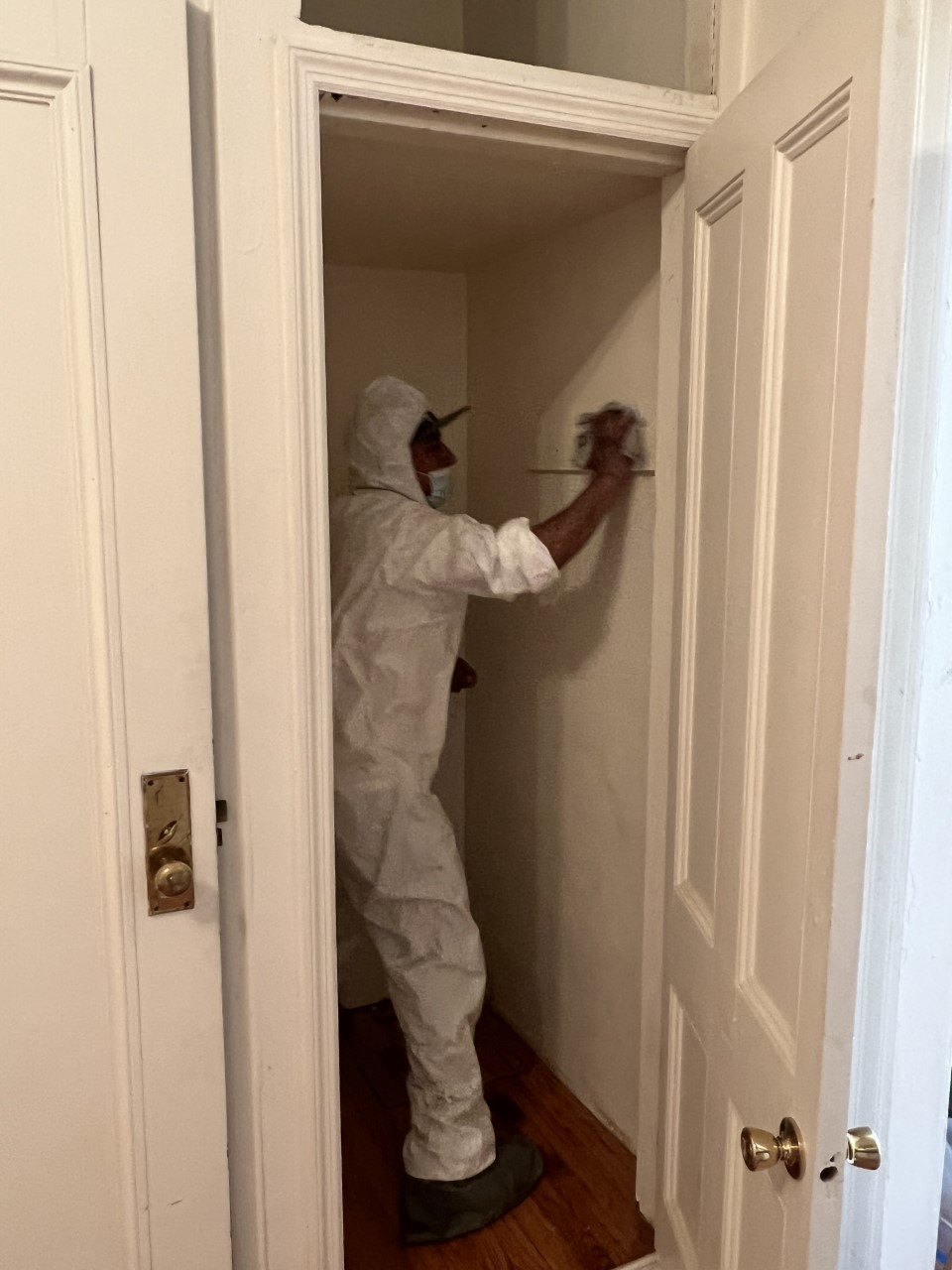Finest Practices for Ensuring Safe and Extensive Lead Offense Abatement
Resolving lead violation abatement calls for a multi-faceted strategy to make sure both safety and security and compliance. Initial evaluations making use of advanced detection techniques such as XRF analyzers established the stage for an accurate understanding of contamination degrees. Including correct containment strategies, consisting of airtight barriers and HEPA filtering, paired with the usage of personal protective devices (PPE) for employees, creates the foundation of a safe procedure. Thorough cleanup methods, featuring HEPA vacuuming and wet-wiping, are critical. Yet, it's the final clearance process, including detailed examinations and laboratory testing, that genuinely verifies a lead-free setting, making sure lasting safety and security. How do these techniques adjoin to assure detailed lead reduction?

Initial Analysis
Carrying out a preliminary analysis is an essential primary step in lead offense abatement. This stage includes a detailed analysis of the building to determine the visibility, extent, and details places of lead-based hazards. Qualified specialists, such as licensed lead assessors or run the risk of assessors, need to do a comprehensive website inspection, making use of tools like X-ray fluorescence (XRF) analyzers to properly spot and gauge lead concentrations in paint, dust, dirt, and water.
The assessment needs to additionally include an evaluation of the structure's history, previous records, and any problems or health problems reported by passengers - Lead Removal Contractors. Recording the findings thoroughly is crucial, as these records develop the basis for creating an efficient reduction strategy. A complete analysis also includes sampling and lab evaluation, which are critical to confirm the existence of lead and overview subsequent actions
Additionally, it is essential to communicate the results transparently to all stakeholders, including homeowner, tenants, and regulatory authorities. By guaranteeing that the preliminary evaluation is carried out with accuracy and roughness, specialists can lay a strong structure for a targeted and effective lead reduction process, eventually protecting public health and wellness and making sure compliance with regulatory standards.
Proper Control
Correct control is important to protect against the spread of lead pollutants during reduction activities. Effectively handling containment decreases the danger of lead dust and particles migrating to non-work locations, consequently securing both the environment and people outside the immediate job zone.

Routine inspections of the control location are needed to look for breaches or weak points in the barrier. Any recognized problems need to be quickly resolved to maintain the honesty of the containment. By adhering to these techniques, abatement jobs can properly control lead contamination and mitigate affiliated health dangers.
Employee Protection
Making sure employee protection is vital throughout lead abatement jobs to stop occupational exposure to hazardous lead bits. Crucial steps include making use of individual safety equipment (PPE) such as respirators, gloves, and full-body fits especially made to block lead dust and fumes. Employees should undergo extensive training on the right use and upkeep of PPE, consisting of healthy testing for respirators to ensure maximum effectiveness.
Engineering controls, such as regional exhaust ventilation systems, are important in lessening air-borne lead focus in the workplace. Management controls need to additionally be implemented, consisting of restricting the period of direct exposure and revolving employees to minimize specific exposure times. Routine medical monitoring and organic monitoring are essential for early discovery of lead absorption, allowing timely intervention and treatment.
Furthermore, establishing a decontamination method is essential. Employees have to comply with rigid decontamination procedures prior to breaks and at the end of their change to protect against lead dirt from being brought outside the workplace. This consists of detailed hand and face cleaning with lead-specific cleaning agents and transforming out of infected clothes.
Precise Cleaning
Keeping a secure workplace expands past worker protection and incorporates precise cleanup to make certain lead bits are thoroughly click here to find out more gotten rid of from the website. The process of thorough clean-up is critical in preventing the recontamination of the moderated location and safeguarding both existing and future residents.
To achieve a thorough clean-up, all workspace must be methodically decontaminated. This includes the use of specialized HEPA (High-Efficiency Particulate Air) vacuum and wet-wiping methods to record and eliminate great lead dust that might have settled on surface areas. It is crucial to clean all straight surface areas, including floorings, home window sills, and countertops, along with vertical surfaces that might have entraped lead particles.
Workers must use appropriate individual safety tools view publisher site (PPE) throughout clean-up to stay clear of exposure to residual lead dust. Made use of cleansing materials such as wipes, sponges, and mop heads need to be gotten rid of according to hazardous waste disposal policies.

Last Clearance
Final clearance is the crucial concluding phase of lead abatement that determines whether the site is secure for reoccupation. This important action entails thorough examination and screening to confirm that all lead dangers have been efficiently eliminated.

Last clearance testing basics not only shields future passengers but additionally makes certain compliance with local, state, and government policies. It offers as a documented recognition of the abatement contractor's adherence to market best methods. Guaranteeing a thorough and effective final clearance is necessary in securing public health and cultivating count on the reduction process.
Verdict
Guaranteeing secure and thorough lead offense abatement requires a complex method incorporating initial evaluations with innovative detection methods, efficient control strategies, rigid employee protection procedures, and thorough cleanup procedures. The last clearance stage, featuring comprehensive examinations and laboratory screening, is essential to validate conformity with EPA standards. Adherence to these best methods assures a secure environment for residents, alleviates wellness risks, and supports regulative demands, therefore promoting public wellness and safety and security in lead-affected locations.